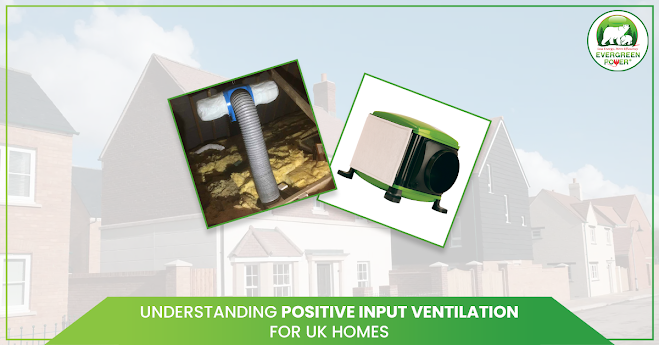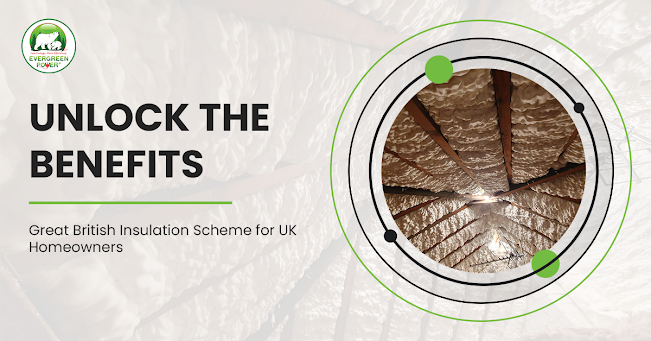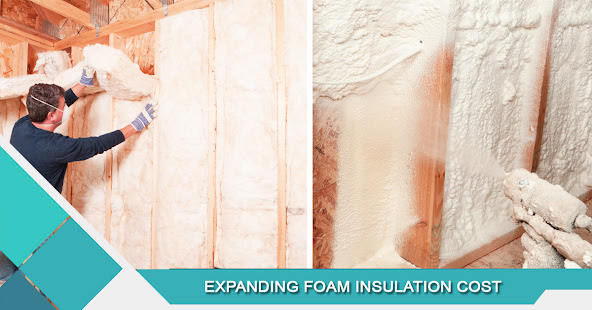Understanding Positive Input Ventilation for UK Homes
The
Challenge of Dampness and Condensation in UK Homes
During winter, UK homes are particularly
susceptible to dampness and condensation due to several factors:
- Reduced Ventilation: To keep warm, windows and doors are often kept closed, reducing
natural air circulation.
- Temperature Differences:
The contrast between the cold outside air and the warm, humid air inside
leads to condensation, especially on windows and cold surfaces.
- Everyday Activities: Cooking, showering, and drying clothes indoors increase indoor
humidity levels.
These conditions can lead to mold growth,
structural damage, and respiratory issues, making it essential to address them
effectively.
What
is Positive Input Ventilation?
Positive Input Ventilation is a
whole-house ventilation system that works by gently introducing fresh, filtered
air into the home. This air is typically drawn from outside or from a loft
space, filtered, and then distributed evenly throughout the house. The key
principle behind PIV is to create a slight positive pressure in the home,
encouraging stale, humid air to escape through natural leakage points.
The
Mechanism of PIV Systems
A typical PIV system consists of a
central unit, often installed in the loft, which is connected to a diffuser
located in a central area, like the hallway. The unit draws in air, which
passes through filters to remove impurities and then gently pushes this clean
air into the home.
Benefits
of PIV in Combating Winter Dampness and Condensation
- Reduces Humidity Levels: By continuously introducing fresh air, PIV systems help lower
humidity levels, reducing the risk of condensation and dampness.
- Improves Air Quality: The
filtration process removes pollutants and allergens, improving indoor air
quality, which is particularly beneficial for those with allergies or
respiratory issues.
- Prevents Mold Growth: By
keeping humidity levels in check, PIV systems help prevent mold growth, a
common issue in damp conditions.
- Energy Efficient: Modern
PIV systems are energy efficient, often incorporating heat recovery
mechanisms to pre-warm incoming air, reducing heating costs.
- Low Maintenance: PIV systems generally require minimal maintenance, usually just
a filter change every few years.
Considerations
for Installing a PIV System
While PIV systems offer many benefits,
there are considerations to keep in mind:
- Professional
Installation: It's essential to have a PIV system
installed by a qualified professional to ensure it's correctly sized and
fitted for your home.
- Initial Investment: The
cost of installation can be a factor, but this should be weighed against
the long-term benefits in energy savings and improved health.
- Noise Levels: While most
systems are quiet, it's important to ensure the unit isn't disruptive,
especially if installed near bedrooms.
- House Suitability: PIV
systems are generally more effective in houses with lofts. For homes
without lofts, alternative ventilation solutions might be more suitable.
- Balancing with
Insulation: Ensuring your home is well-insulated
is crucial for PIV systems to work effectively. This balances the need for
ventilation with maintaining a warm, energy-efficient home.
Conclusion




Comments
Post a Comment